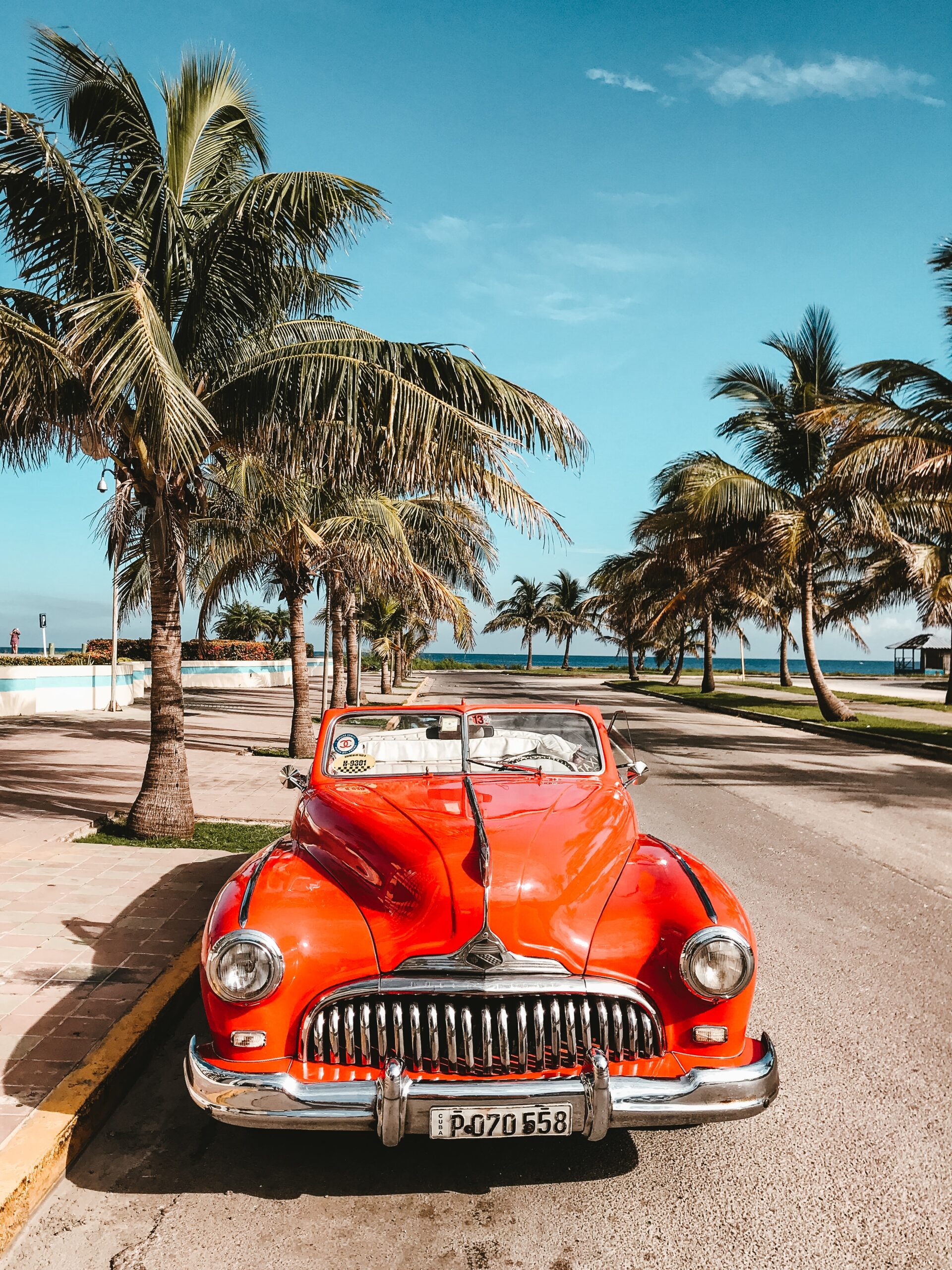Introduction
Cuba, the largest island in the Caribbean, has a rich and captivating history that spans over centuries. From the indigenous Taino people to the Spanish colonization and the Cuban Revolution, this tropical paradise has been shaped by numerous events and influential figures.
The Indigenous Roots
Before the arrival of Christopher Columbus in 1492, Cuba was inhabited by the Taino people. They lived off the land, cultivating crops like maize and tobacco, and had a complex social structure. However, the Taino population declined rapidly due to diseases brought by the Spanish colonizers.
Spanish Colonization
In 1511, Diego Velazquez de Cuellar established the first Spanish settlement in Cuba. The Spanish brought African slaves to work on sugar plantations, which became the backbone of the Cuban economy. As a result, a diverse population of European, African, and indigenous people emerged.
British Occupation and Independence
In the 18th century, the British occupied Cuba twice but eventually returned it to Spanish rule. However, the desire for independence grew among the Cuban population. Inspired by the American and French revolutions, Cuban patriots fought for their freedom.
The Cuban Revolution
The 20th century brought significant changes to Cuba. In 1959, Fidel Castro led a successful revolution against the corrupt and authoritarian regime of Fulgencio Batista. Castro's socialist government nationalized industries and implemented agrarian reforms.
The Cold War and the Cuban Missile Crisis
Cuba's close relationship with the Soviet Union during the Cold War strained its relations with the United States. In 1962, the world came perilously close to nuclear war during the Cuban Missile Crisis, when the Soviet Union placed nuclear missiles in Cuba. Fortunately, a peaceful resolution was reached, averting catastrophe.
Recent Developments
In recent years, Cuba has undergone gradual economic reforms and the government has opened up to foreign investment. However, the country still faces challenges such as limited internet access and restrictions on political freedoms.
Conclusion
The history of Cuba is a testament to the resilience and determination of its people. From indigenous roots to Spanish colonization, independence struggles, and the Cuban Revolution, this island nation has faced numerous challenges throughout its history. Understanding Cuba's past helps us appreciate its vibrant culture and the unique experiences of its people.
Last Updated on 10 months by pinc
